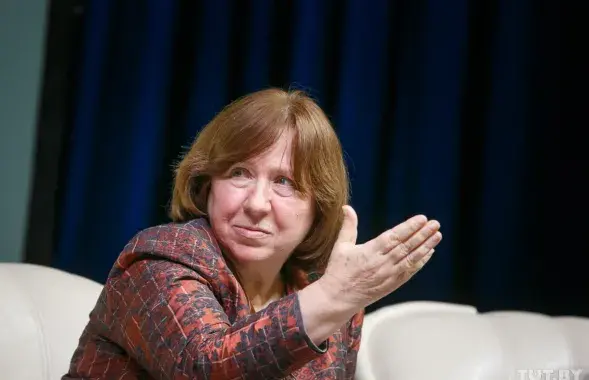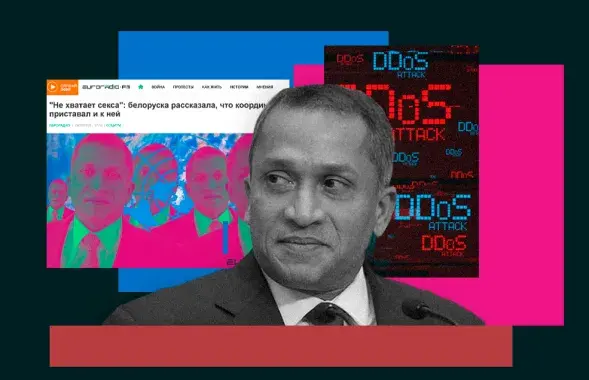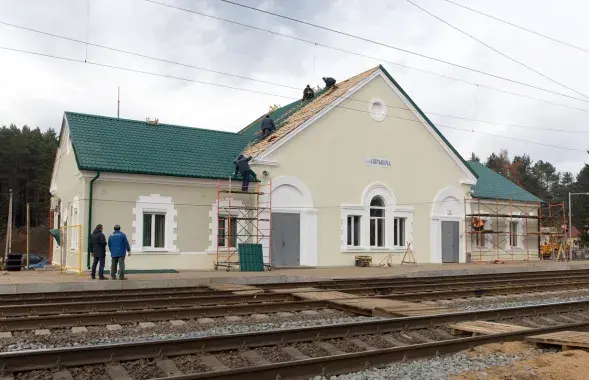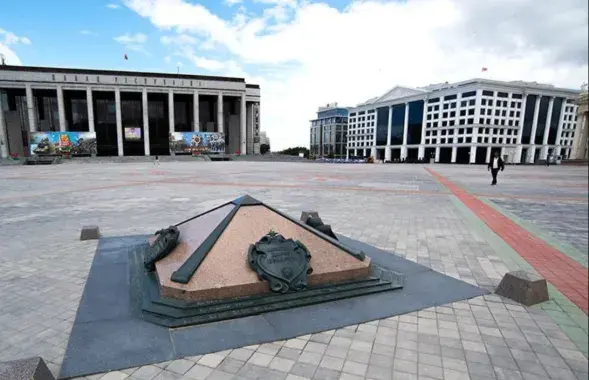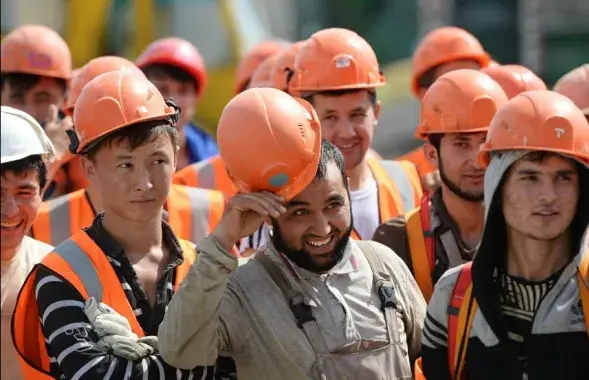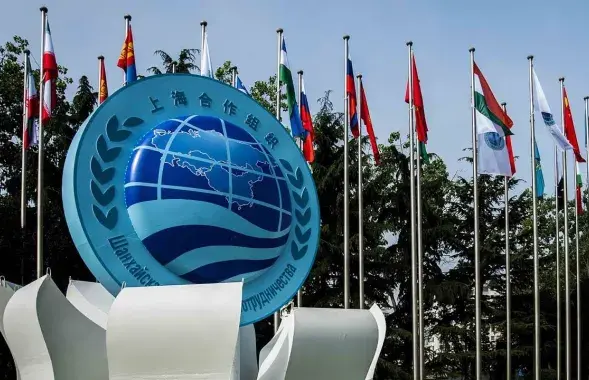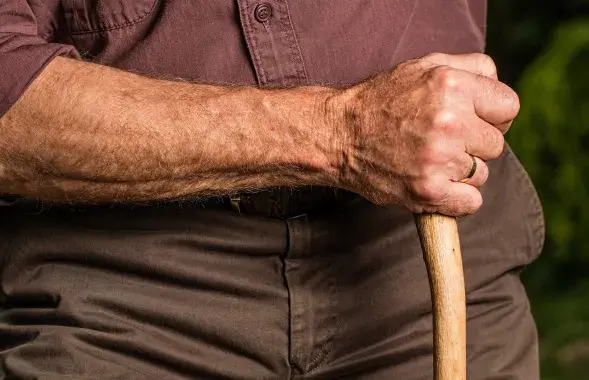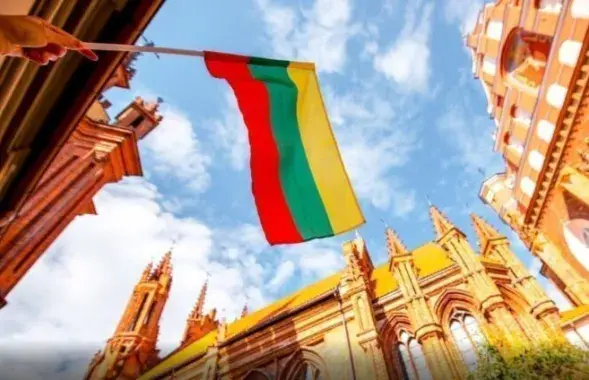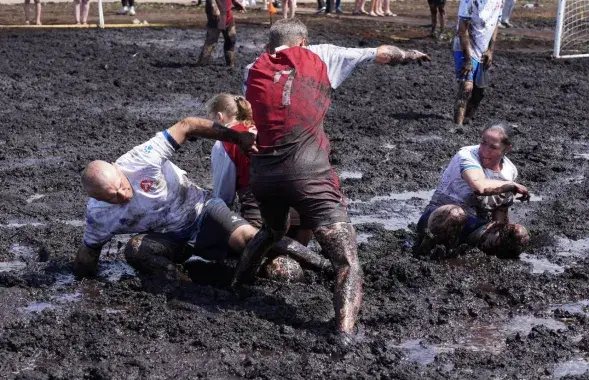Presidential elections in Belarus and Venezuela: any difference?
Open vote count, observers’ freedom and no early voting. Can you imagine this is all about a presidential election..? Not in Belarus though
“I cannot tell you the exact number but there were about 200 international observers from different organizations, international associations, etc. There were representatives from Latin American states, Caribbean states, Brazil, Spain… It produced a positive effect on our election,” Venezuelan Ambassador to Belarus Américo Díaz Núñez told Euroradio.
Only 1 out of 56 Venezuelan citizens living in Belarus voted for Henrique Capriles, Nicolas Maduro’s opponent. That is why the ambassador was in a good mood and treated the journalists to Soviet champagne.
However, the opposition registered … about 3 thousand violations, expert in Latin American states Kastus Andryyeuski told Euroradio. But they were insignificant.
“The opposition have already uploaded a few videos and there is a list of almost 3 thousand violations. But I think that they are insignificant.”
The Venezuelan opposition members can register violations much easier. An election reform was conducted during Chavez’ presidency – observers are no longer limited in their right to watch the voting process and the CEC even suggested counting all the votes once more in response to the protests of Capriles’ adherents.
The voting process in Venezuela is very different from ours. Every citizen has a voter’s card. You can only vote if you have the card – even the passport won’t do. Venezuelans vote by putting their fingers next to candidates’ photos and the system scans their fingerprints. They get a ticket that they need to give to the commission. The tickets are used to count all the votes. Citizens who have already voted get their fingers marked with special paint which prevents them from voting again.
And this is not everything that the Belarusian opposition can be jealous of. Chavez’ successor created no obstacles to the opposition during the election campaign, the expert said.
“You can probably find something but it was insignificant.”
Moreover, there are a lot of independent TV channels, radio stations and publications in Venezuela. Hundreds of people took part in meetings in support of the opposition candidate in Caracas streets. That is why it will be difficult to say that Nikolas Maduro (who scored “only” 50.66% while Capriles scored 49.07%) is a non-democratic President.
